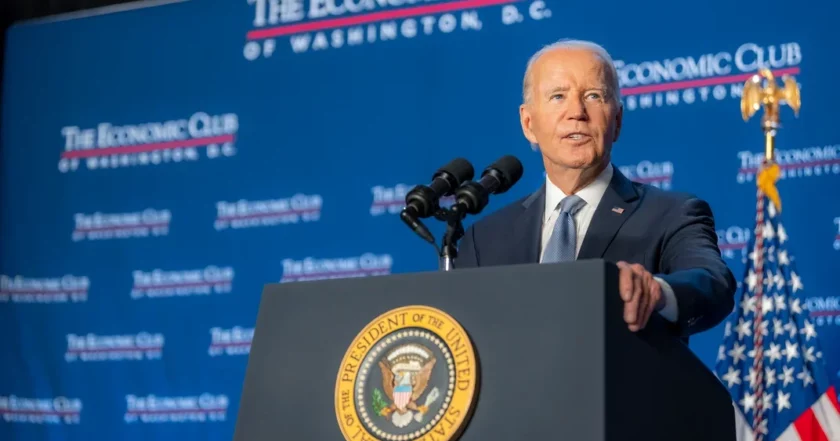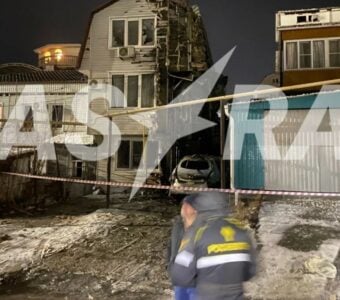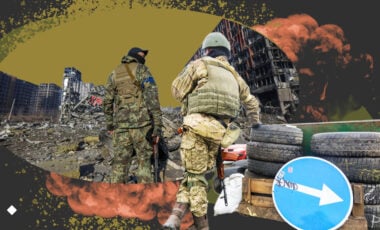Ukraine's request to fire Western missiles at Russia raises controversy and lack of consensus – Biden

Photo: X / The White House
During his visit to Berlin, the President of the United States, Joe Biden, met with European leaders and expressed that there is no agreement among Western leaders on allowing Ukraine to use long-range weapons to attack deep into the Russian Federation.
The American leader said this after a meeting with three European leaders in Berlin.
Journalists asked the White House head whether the West's position regarding strikes deep into Russia with Ukraine's long-range weapons could change. The press noted that this is one of the proposals of President Volodymyr Zelensky's Victory Plan.
"In foreign policy, they never say, 'I'll never change my mind.' But at the moment, there is no consensus on long-range weapons," the president of the United States said in response.
On October 18, the leaders of Great Britain, Germany, the USA, and France met in Berlin to discuss President Zelensky's Victory Plan and aid to Ukraine.
"The four leaders condemned Russia's ongoing war of aggression against Ukraine, discussed their plans to provide Ukraine with additional support in the field of security, economic, and humanitarian aid, including the use of emergency revenues from frozen Russian state assets, as agreed at the G7 summit, and discussed the Victory Plan President of Ukraine Zelensky and confirmed their determination to continue supporting Ukraine in its efforts to ensure a just and lasting peace based on international law, including the Charter of the United Nations, and respect for sovereignty and territorial integrity," the message reads.
For reference:
As reported, the meeting took place in the office of Chancellor of Germany Olaf Scholz as part of US President Joe Biden's visit to Berlin. It was supposed to take place last Saturday but was postponed due to a change in the American leader's schedule.
It is worth adding that Chancellor of Germany Olaf Scholz rejects some of the critical points of the plan for Ukraine's victory in the war: the supply of long-range weapons and a quick invitation to NATO.





















































